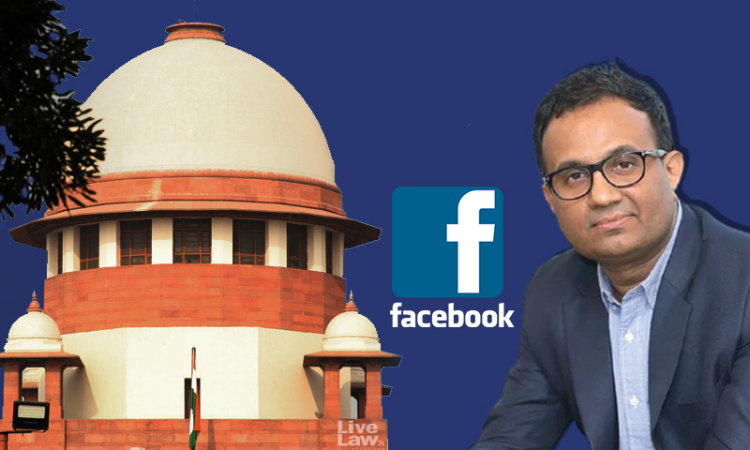Facebook Cannot Invoke Article 32; Ajit Mohan's Rights Not Violated : Delhi Assembly Tells Supreme Court
Nupur Thapliyal
9 Feb 2021 10:07 PM IST

Next Story
9 Feb 2021 10:07 PM IST
Dr. Abhishek Manu Singhvi, senior counsel appearing on behalf of the Delhi Assembly panel concluded his submissions today in the plea filed by Facebook India's Vice President, Mr. Ajit Mohan challenging the summons issued to him by the Delhi Legislative Assembly's Committee on Peace and Harmony. A bench comprising of Justice S.K. Kaul, Justice Hrishikesh Roy and Justice Dinesh...
